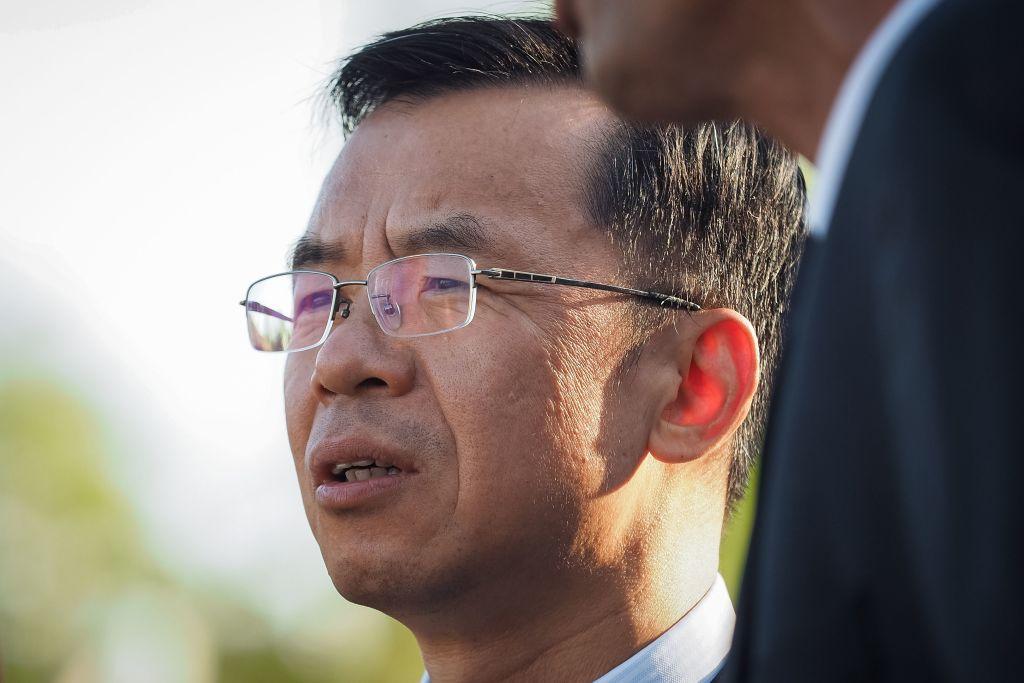As France deals with an escalating outbreak in Europe caused by the CCP virus, a local Chinese diplomat lashed out at French local media for their coverage of the pandemic.
Such criticism by the Chinese Ambassador in France, Lu Shaye, was entirely inappropriate, said nonprofit Reporters Without Borders (RSF) in a statement published on March 20.





